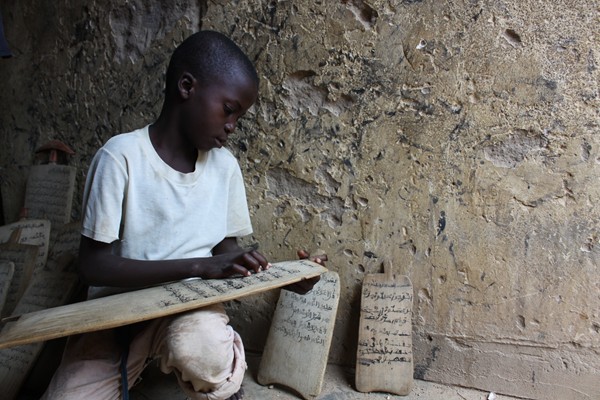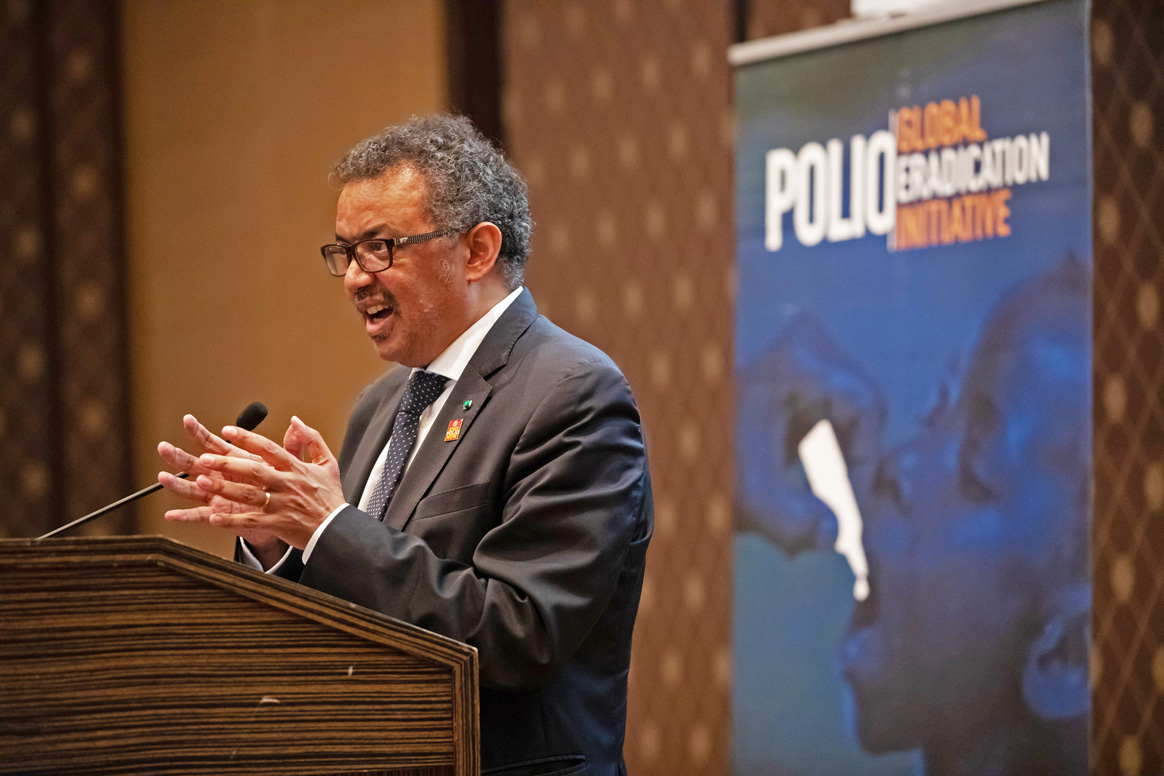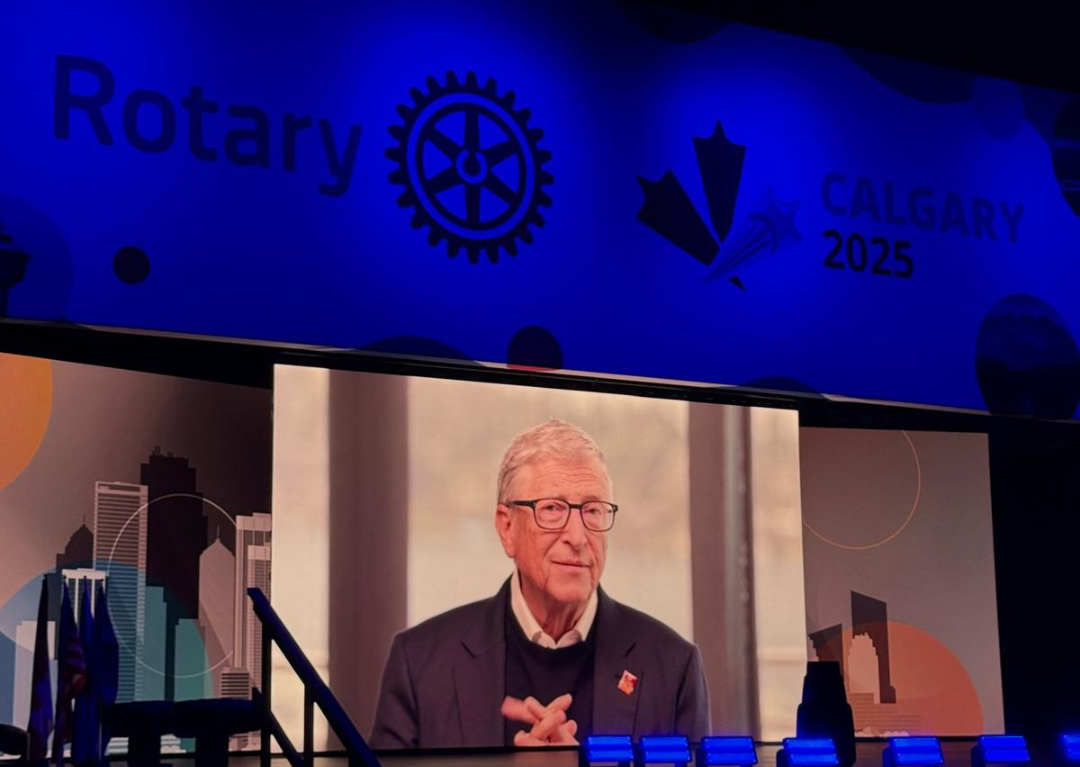
JIGAWA (Nigeria), 29 August 2012 –To address the current upsurge of polio cases in Nigeria, UNICEF, with the support of the US Centers for Diseases Control and Prevention (CDC), and partners, is set to join hands with Koranic school teachers. Early in September, the Tsangaya School Strategy will be piloted in 10 high-risk local government areas (LGAs) of Jigawa and Zamfara states, to reduce the number of missed children during polio campaigns and help build community ownership of immunization.
“We continue to miss too many children during polio campaigns in Nigeria and that is why we continue to have cases,” said Paryss Kouta, UNICEF Chief of Polio Communication a.i. in Nigeria. “Koranic school teachers, or Tsangaya teachers, have an important role to play in ensuring each and every child is reached during polio campaigns given the fact that many children can be found in their schools. Engaging religious schools, institutions and leaders will help build community ownership for immunization and help reduce on-going misconceptions and resistance to immunization.”
The Tsangaya School Strategy involves the full engagement of religious school teachers who are community leaders and opinion-makers in their communities. For polio eradication to succeed, it is important to engage and ensure the full participation of all sectors of society and in particular the communities themselves.
Advocacy meetings and sensitization workshops will be organized with high-level policy makers, traditional and religious leaders, including the Association of Proprietors of Koranic Schools in each of the participating LGAs. Tsangaya teachers will also be engaged during immunization campaigns as part of the social mobilization teams within their respective settlements for the purpose of convincing those households which may refuse immunization.
This project will also engage Preachers and Imams, especially during Friday Mosque sessions to ensure the community is fully aware of the importance of immunization during every campaign and the risks to children who are not immunized. Rallies with school children and other awareness activities will be further organized at the community level in each of the participating LGAs.


